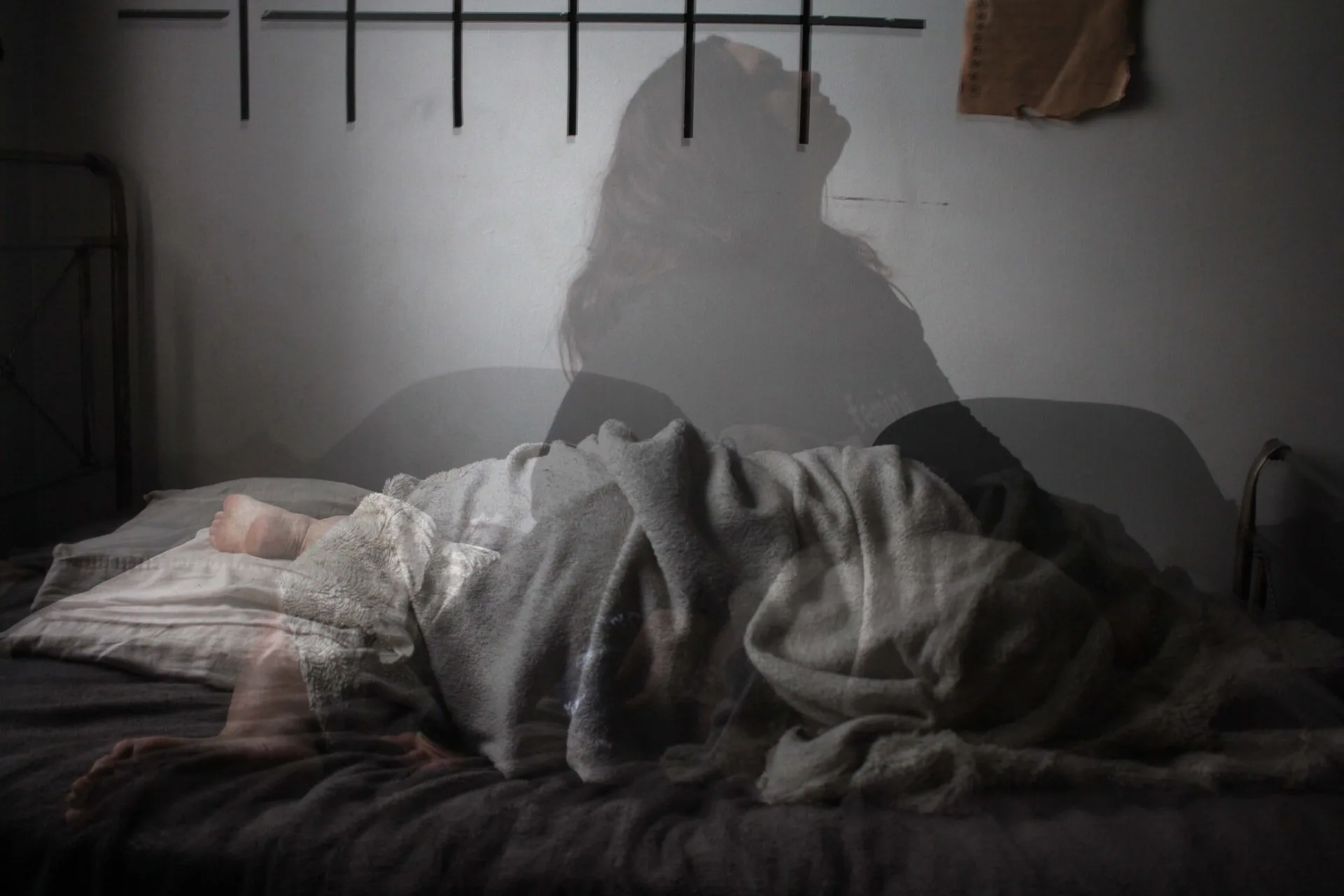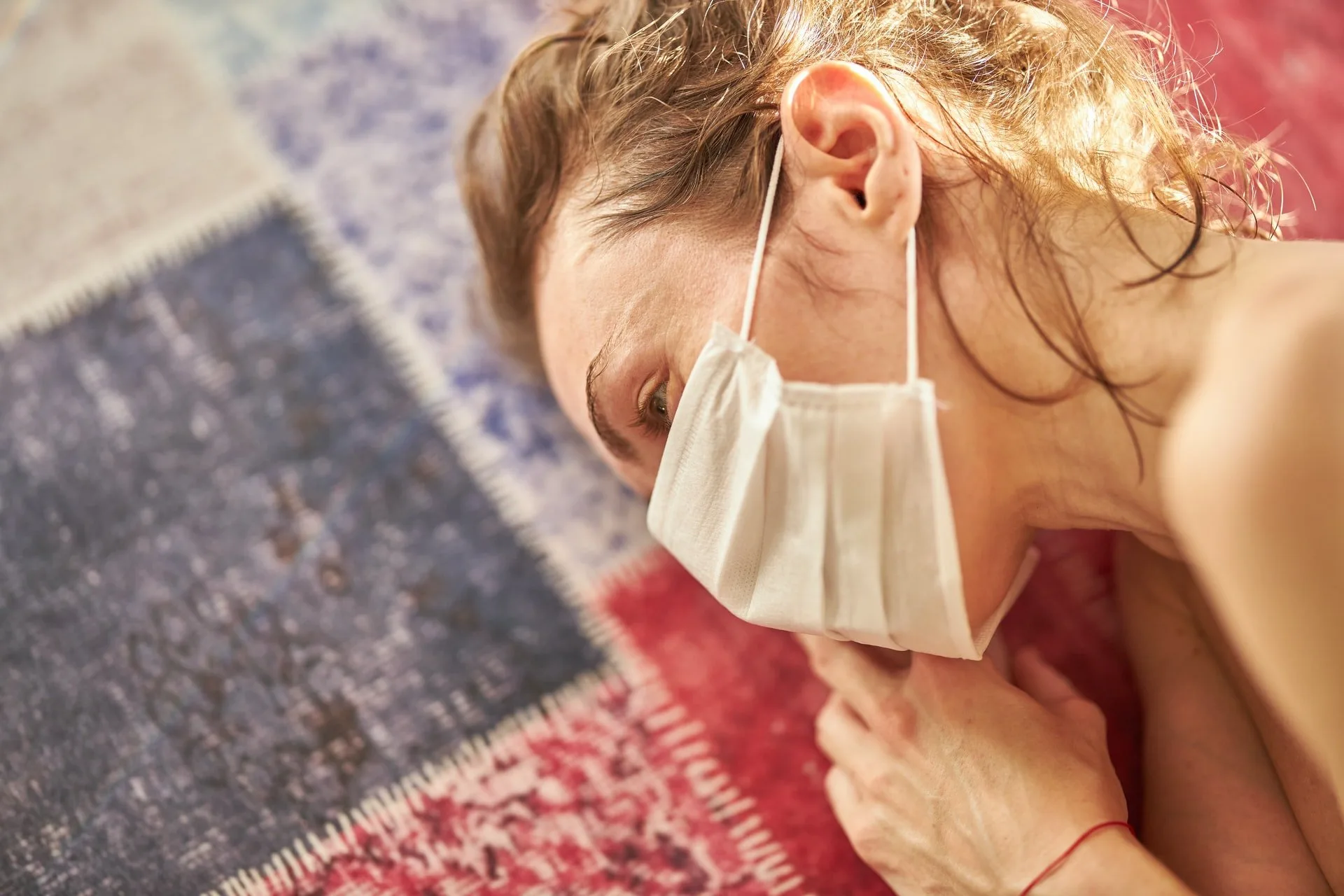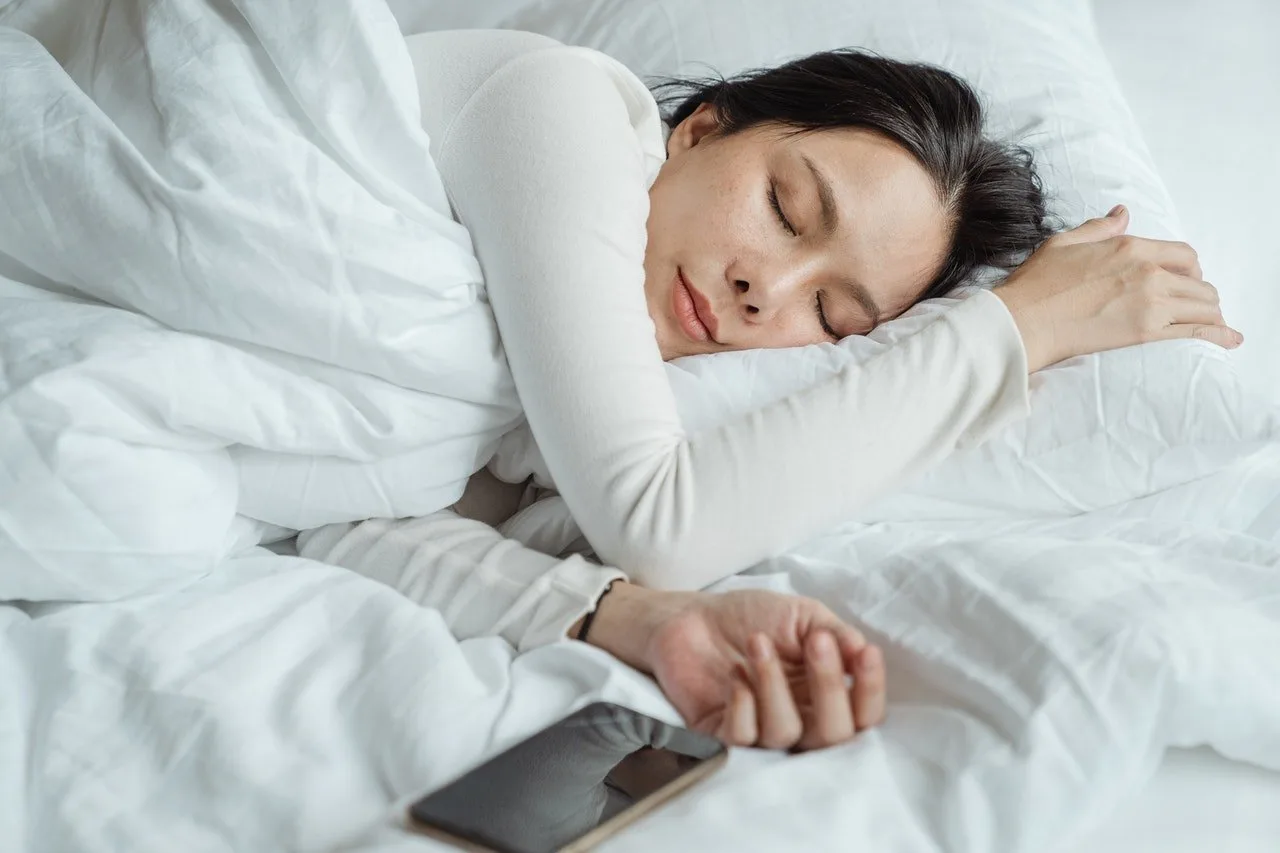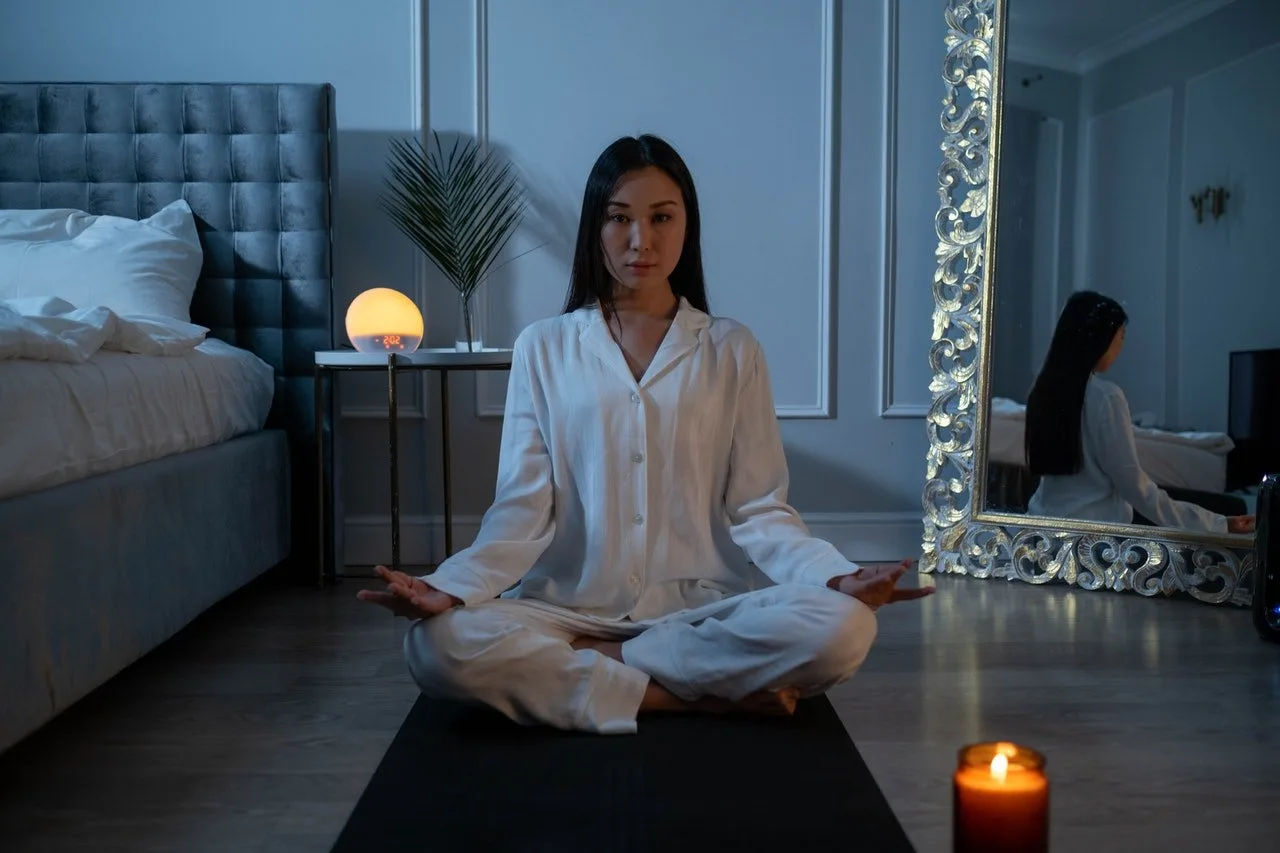Today (19 March) marks World Sleep Day, with the focus being on the importance of sleep for achieving an optimal quality of life and improving global health. With the year that we’ve had, we’re all looking to ensure our longevity and one of the keys to achieving this is by getting enough shut-eye.
Why is sleep so important?
Aside from the fact that your body needs to rest, sleep also plays an integral part in the body’s regulation.
“While you sleep your body physiologically and cognitively repairs itself,” explains Dr. Yashica Khalawan, GP. “During certain patterns, anabolic hormones and cytokines are released with an increase in cellular replication. This helps maintain host defenses, metabolism, and repair of cells.”
Dr. Khalawan also adds that while you sleep, your brain consolidates new memories and processes information that helps with cognitive function. Additionally, your heart and respiratory rate slow down, allowing for these vital organ systems to rest after the day.
What happens if I’m not getting enough?

Photo by Megan te Boekhorst on Unsplash
Sleep is integral for overall health so if you’re not getting enough of it, then you’re in trouble.
“In the short term, a lack of adequate sleep can affect judgment, mood, ability to learn and retain information, and may increase the risk of serious accidents and injury” explains Dr. Khalawan.
“In the long term,” she adds “chronic sleep deprivation may lead to a host of health problems, including obesity, diabetes, cardiovascular disease, and even early mortality.”
Snoozing Through A Pandemic
The pandemic has affected each of us in many different ways, but one thing that we can all relate to is how COVID-19 has changed how we sleep.
“The current pandemic has caused several social and behavioural changes,” says Dr. Khalawan, revealing that insomnia and sleep-wake cycle changes have been quite evident and are mainly aggravated by the increase in anxiety and depressive symptoms during the pandemic.
“With anxiety, we release more stress hormones that give a “flight or fight” response. This can affect sleep as there is an increase in alertness and heightening of senses.”
Dr. Khalawan also points out that as individuals have gone through major routine changes disrupting their daily activities, such as physical activities, work schedules, and use of electronic equipment, this, in turn, has affected sleep patterns.
Is poor sleep a complication caused by COVID-19?
According to Dr. Khalawan, up to 50% of patients complain of sleep disturbances and insomnia.
“There is not enough medical literature to identify the exact cause, but the psychological impact of COVID-19 can be likened to post-traumatic stress disorder.”

Photo by engin akyurt on Unsplash
“With patients having increased anxiety and fear of dying. Other physiologic symptoms such as chronic respiratory symptoms in “long hauler” patients can also lead to sleep disturbances.”
How am I ruining my sleep?
The only one that can help your sleep is you, so it’s important to do a check-in to ensure that you’re not doing anything that could be affecting how much rest you get.
Are you eating foods that cause heartburn?
Dr. Khalawan suggests staying away from these foods. She also advises that you ban caffeine-rich foods and drinks (chocolate, tea, coffee, soda) at least six hours before bedtime. Lately, don’t drink alcohol for at least two hours before bed.
Are you staying fit?
“Exercise stimulates the body and brain, so make sure you finish exercising at least three hours before turning in,” says Dr. Khalawan.
How blue is your light?
If you really want to get enough sleep, then you need to reduce blue light exposure in the evening.
“This reduces hormones like melatonin,” says Dr. Khalawan, so she advises wearing glasses that block blue light and download specific apps that block blue light on computers, tablets, and phones. Also, stop watching TV and turn off any bright lights 1 hour before bedtime.
Nap star
We all love a good nap but try not to get too carried away.
“Reduce long daytime naps as studies note that napping for 30minutes or less is beneficial.”
How can I help my sleep?
If you want to boost your sleep, Dr. Khalawan suggests that you increase bright light exposure during the day.
“Natural sunlight or bright light during the day helps keep your circadian rhythm healthy. This improves daytime energy, as well as nighttime sleep quality and duration.”
Additionally, it’s also best to try to sleep and wake up at consistent times as this can aid long-term sleep quality.
- Eat dinner 3 hours before bedtime.
- Avoid the foods mentioned.
- 1 hour before bedtime, switch off all devices. Limit liquid intake to avoid bathroom trips.
- Listen to relaxing music and take a warm bath/shower. The cooling of body temperature helps signal sleep.
- Create an environment that supports sleep:
-
- Room temp 20 degrees Celsius
- Darken the room
- Sound machine to block out outside noise
- Invest in a mattress and pillow that support the alignment of the spine
- During the night, avoid checking the time as this increases anxiety about sleep.
If you’re not asleep in 20min, get up and sit somewhere else dark and quiet. From there, do calm, non-stimulating activities i.e.: reading. Once drowsy, return to bed.
Who is Dr. Khalawan?
Dr. Yashica Khalawan, MBCHB., FPD., has over 6 years of experience as a general practitioner.

Dr. Yashica Khalawan
Having worked in a non-surgical aesthetic practice for the past 3 years she is now completing her post-graduate diploma in dermatology through the University of Plymouth(UK) with an interest in moving back into the government sector with a keen interest in internal medicine and primary health care.
As a young mother, Dr. Khalawan enjoys networking with fellow women in medicine to learn from each other academically and socially in order to improve work-life balance.
Her special interests include:
- Preventive healthcare: To promote health and wellbeing in individuals and communities with a view of preventing disease, disability, and death
- Primary Health Care
- Internal medicine and diagnostics
- General Dermatology
- Networking, empowerment, and mentorship of women in medicine
References
Centofanti, S., Hilditch, C., Dorrian, J., Banks, S., (2016) The impact of short night-time naps on performance, sleepiness and mood during a simulated night shift, Chronobiology International, 33:6, 706-715, DOI: 10.3109/07420528.2016.1167722




![women [longevity live]](https://longevitylive.com/wp-content/uploads/2020/01/photo-of-women-walking-down-the-street-1116984-100x100.jpg)










